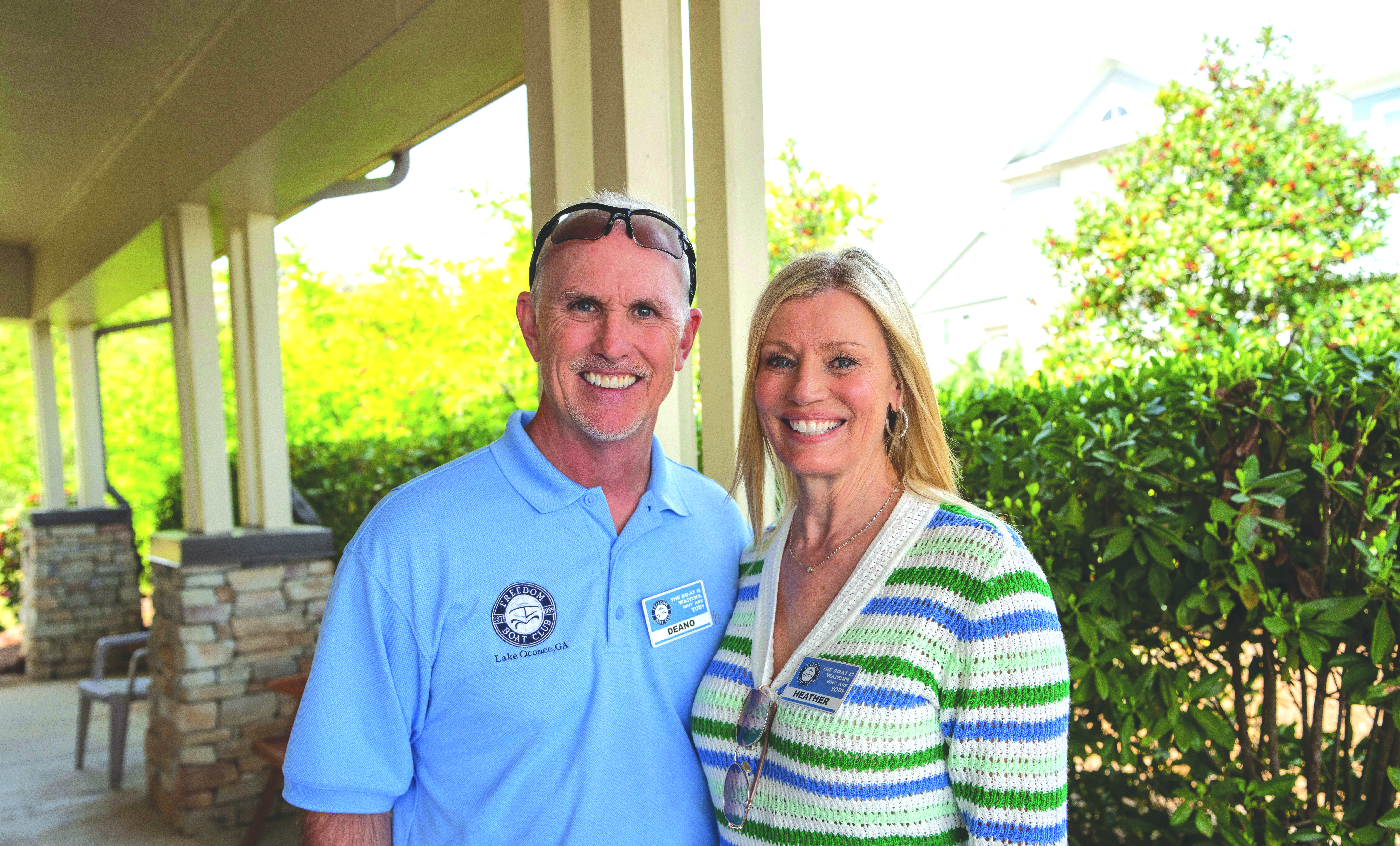Marriage elicits ‘fight or flight’ syndrome in couples
Published 8:00 am Wednesday, April 13, 2011
Let me tell you about Mrs. Mean Maude. She is as nice a person as you would ever meet in most circumstances. She has dear friends who love her to death. She is in sales and her customers think the world of her. These people see a very caring person. But, behind closed doors at home another Maude emerges as she tries to relate to Absent Al. She gets mean! Really mean. She chews him out regularly, criticizing him up one side and another. This of course makes him run away even more. He doesn’t want to be around her when she gets upset. She then increases her rage. Not a pretty sight!
And what about Mr. Absent Al? He, too, is a “nice” man. People like him in a superficial kind of way. He’s good at chit chat, occasionally charming. But, he is emotionally weak — sensitive, but hidden. He runs away from conflict. Rarely does he lead. He is a “good guy” but is not Mean Maude’s rock. She cannot rely on him to fully “be there” for her. She, therefore feels insecure, frightened, and sad. She uses her temper to cover up her vulnerability to Al.
Marriage brings out the best and the worst in people. No relationship is as threatening or enhancing as a marital bond. Marriages exacerbate the basic emotional orientation that an individual has. This basic mind wiring inclines towards either “fight or flight.”
Emotional Expressives (my term), the “fighters” get angry and mean when they feel hurt by someone with whom s/he is vulnerable to. Abandonment brings out the most intense expression of this tendency.
Emotional Retentives (my term), “flighters,” shut down, hold most feelings in, and escape. Thus, they avoid being hurt by the person with whom s/he is vulnerable to.
Therefore, you can see why Mean Maude goes ballistic when Absent Al checks out emotionally or physically. So, too, can you see why Absent Al runs away from Mean Maude when she puts on her mean face.
The ultimate question is which comes first — the chicken or the egg? Do you know the answer? What action by which person sets off the undesirable behavior in the other? What needs to happen is for Absent Al to remain present —physically and emotionally and Mean Maude to cool her jets and not resort to being mean. Easier said than done, but necessary if these two opposites can come together in synergy and harmony.
Generally these two opposites are a good combination. Two mean types (expressives) destroy one another in their heated encounters. Battle scars abound. Two absent types (retentives) run out of gas and live like neutered friends with limited emotional connection.
Most couples are some variant of the above examples (oftentimes with the opposite gender descriptors). Which type fits you best? There are strengths and weaknesses with both types. Good marriages heal the weak part and further enhance the strength that exist. With the couple described here, Absent Al needs to become Always Present Al as Mean Maude becomes Mellow Maude. Each person then desires to be with this version of personality that makes each person feel loved, respected, safe, and connected. Thus each person becomes more confident and capable of bringing his/her best to the other. Each person can be vulnerable to the other eliciting a depth of emotional and sensual union.
— Dr. Stathas is a Counseling Psychologist, licensed Marriage and Family Therapist, in the Lake Oconee area. He is the Founder of the Stathas Life Development Center. He can be reached at 706-473-1780. Email:Stathas@plantationcable.net. Web site: drstathas.googlepages.com. Blog: drstathas.com





